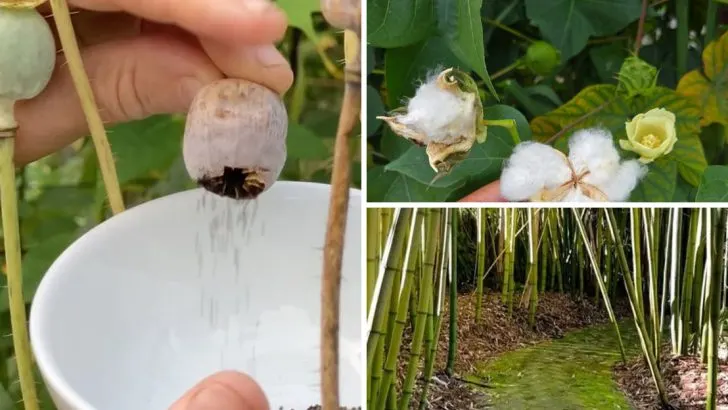Growing your own food in your backyard can be a rewarding experience, offering fresh produce and a closer connection to nature. However, not all seemingly harmless plants are welcome in American gardens due to various state and federal regulations.
Whether it’s because of invasive tendencies, health concerns, or agricultural laws, some common foods are actually off-limits for home cultivation. Here’s a look at nine such items that might surprise you, each with its own unique reasons why it’s banned from backyard gardens across the country.
Poppy Seeds
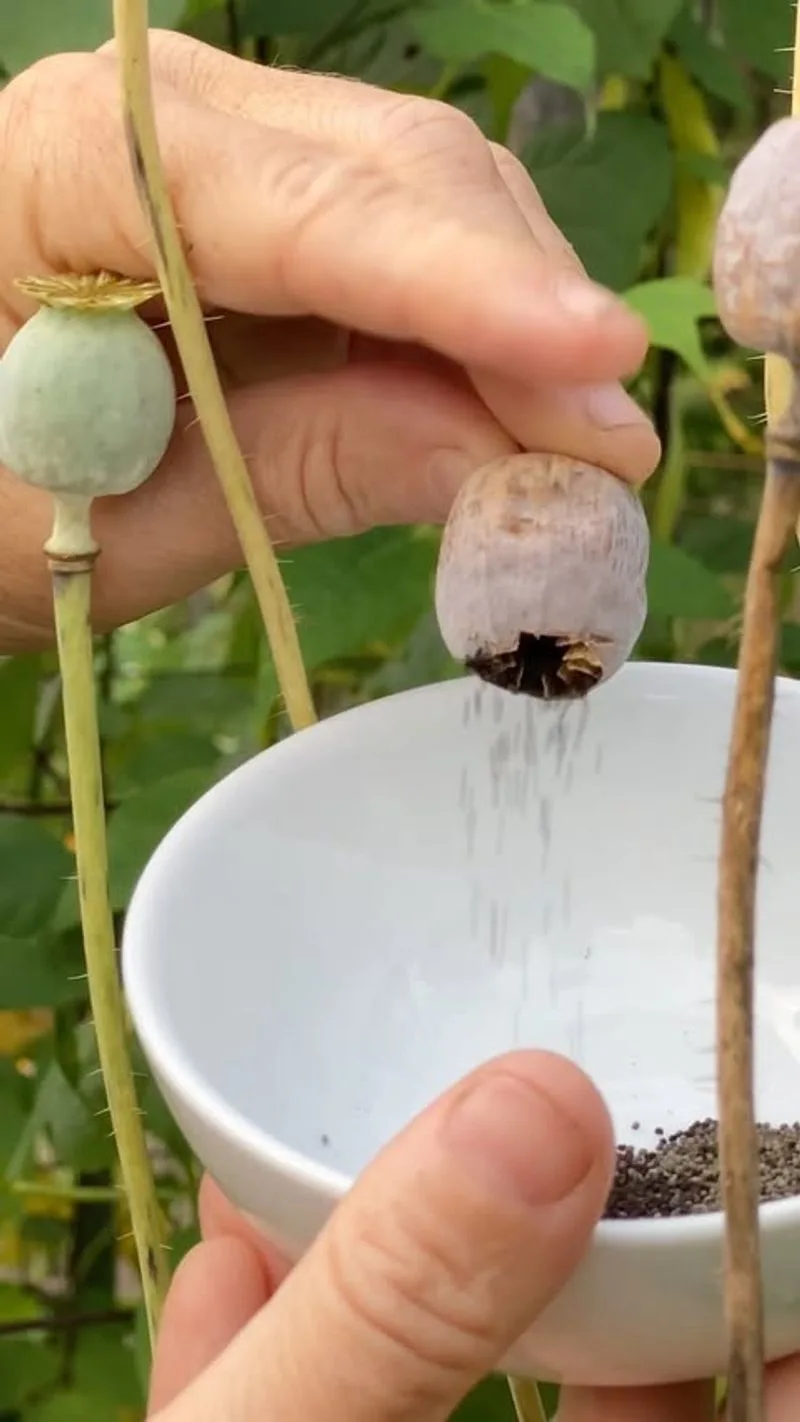
Poppy seeds, often used in baking, come from the opium poppy plant, Papaver somniferum. While the seeds themselves are harmless, the plant is a source of opiates like morphine and codeine.
Growing this plant is illegal in many states due to its narcotic production. Home gardeners might not realize the legal implications of possessing such a plant.
Enforcement varies, but the potential legal consequences are significant. If you’re tempted to grow poppies, consider ornamental varieties that don’t produce opiates.
Being informed about local laws can prevent unwanted legal issues and ensure a safe gardening experience.
Cotton
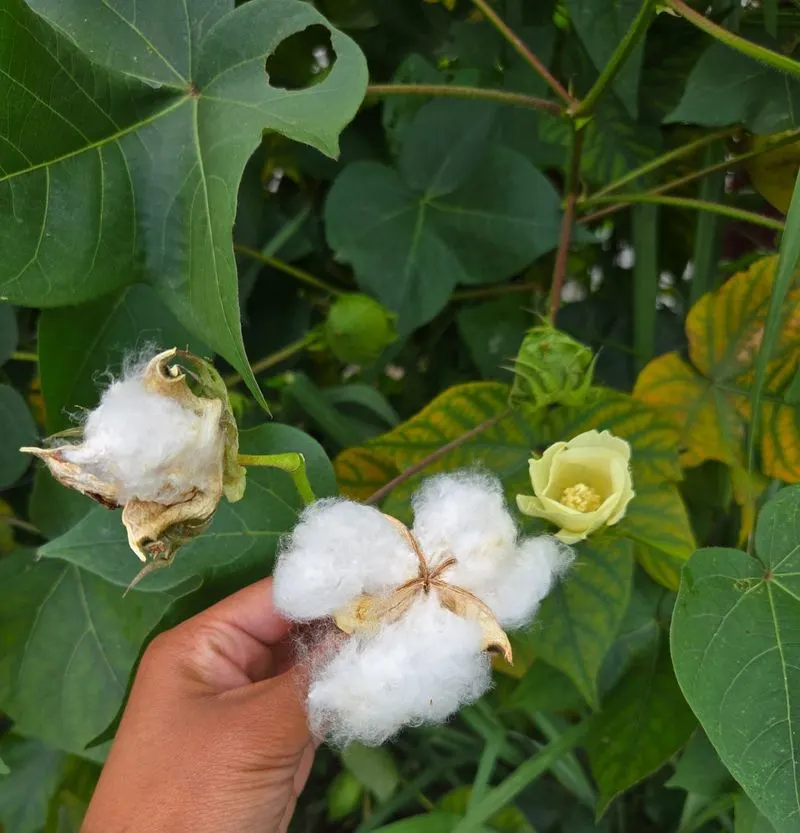
Cotton may seem like an innocent plant, but it’s illegal to grow in many home gardens across the Southern U. S.
The primary reason is pest control, specifically the boll weevil. This pest can devastate commercial cotton crops, and homegrown plants can harbor these insects.
Farmers must comply with strict regulations for pest management, which aren’t feasible for backyard growers. If you’re interested in textiles, consider alternative plants like flax.
Understanding the reasoning behind these laws helps maintain healthy agricultural practices and supports the commercial grower community in their pest control efforts.
Grapes (Certain Varieties)
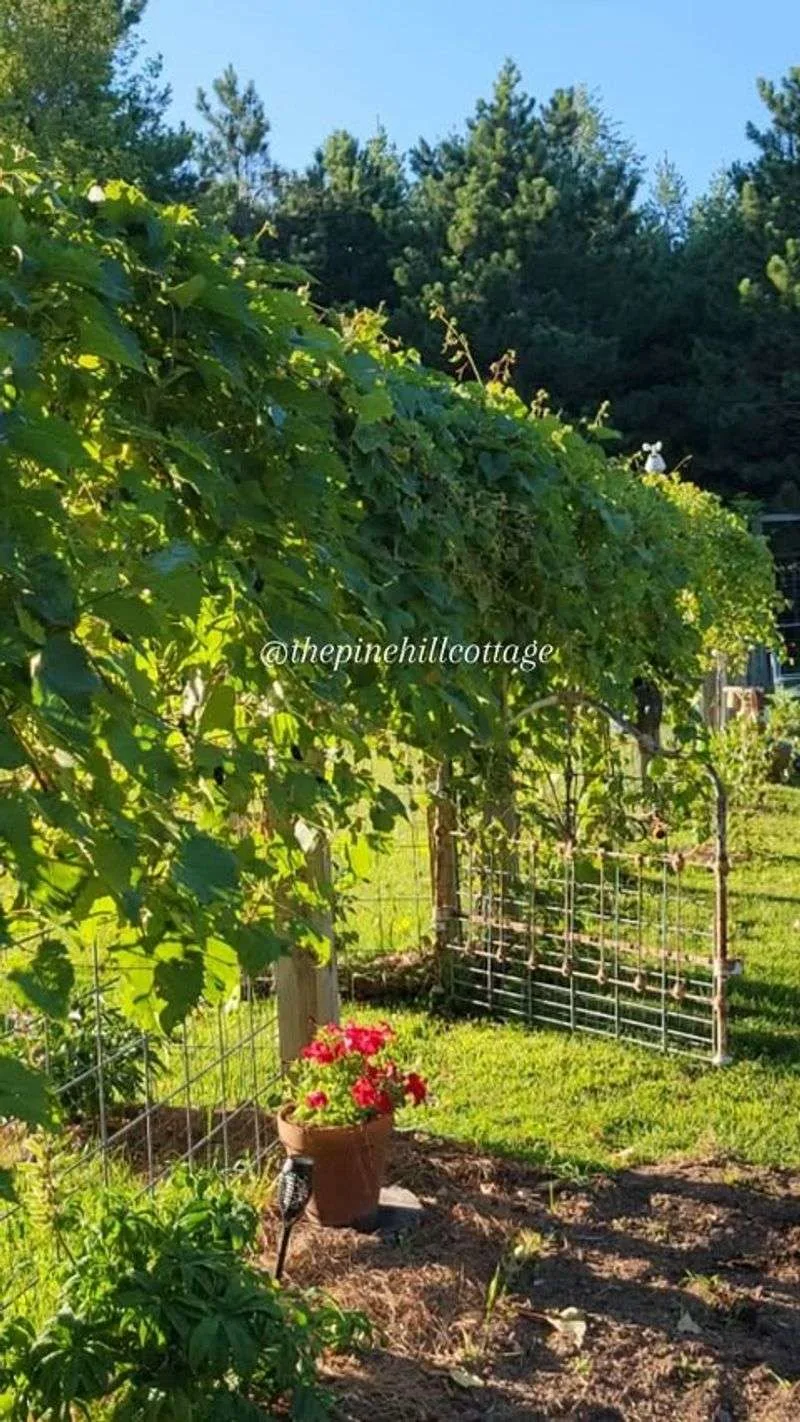
Some grape varieties are restricted in home cultivation due to their susceptibility to diseases like Pierce’s Disease. This bacterial infection can spread to commercial vineyards, causing significant damage.
Backyard cultivation of prohibited varieties might seem harmless, but it poses a risk to the broader agricultural ecosystem. Wine enthusiasts should select varieties approved by local agricultural authorities.
Following these guidelines not only protects commercial interests but also promotes a healthy and vibrant viticulture industry, ensuring quality wine production. Being mindful of these factors will make your backyard vineyard both legal and responsible.
Bamboo
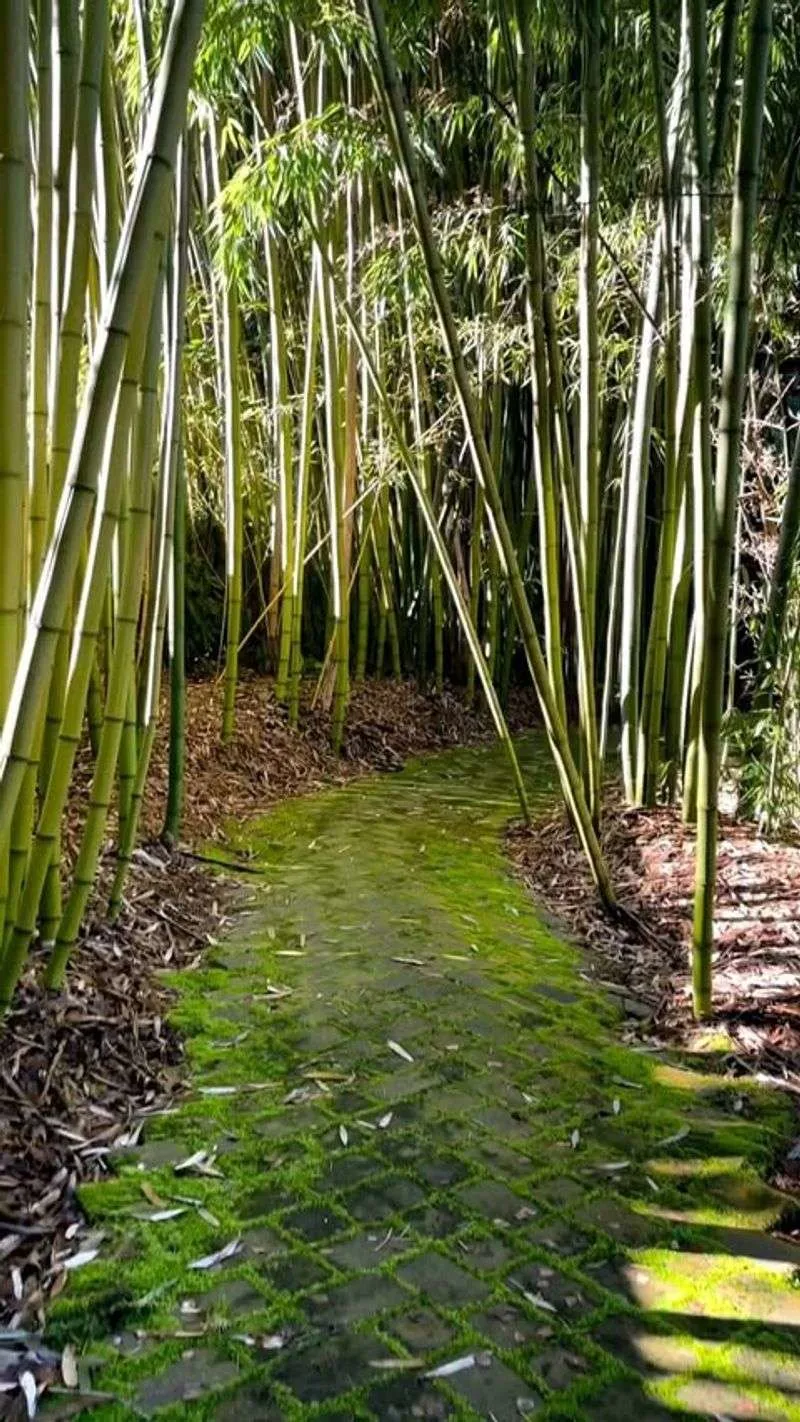
Bamboo is a fast-growing plant that can quickly become invasive, taking over gardens and even neighboring properties. Many states have restrictions on planting certain species, particularly the running types.
They can disrupt native ecosystems and cause legal disputes between neighbors. If you love the look of bamboo, consider clumping varieties, which are less aggressive.
Always check local guidelines before planting. Understanding the potential risks and selecting appropriate species ensures that your garden remains beautiful without becoming a nuisance to the community.
Proper planning and awareness can prevent bamboo from turning into a backyard blunder.
Khat
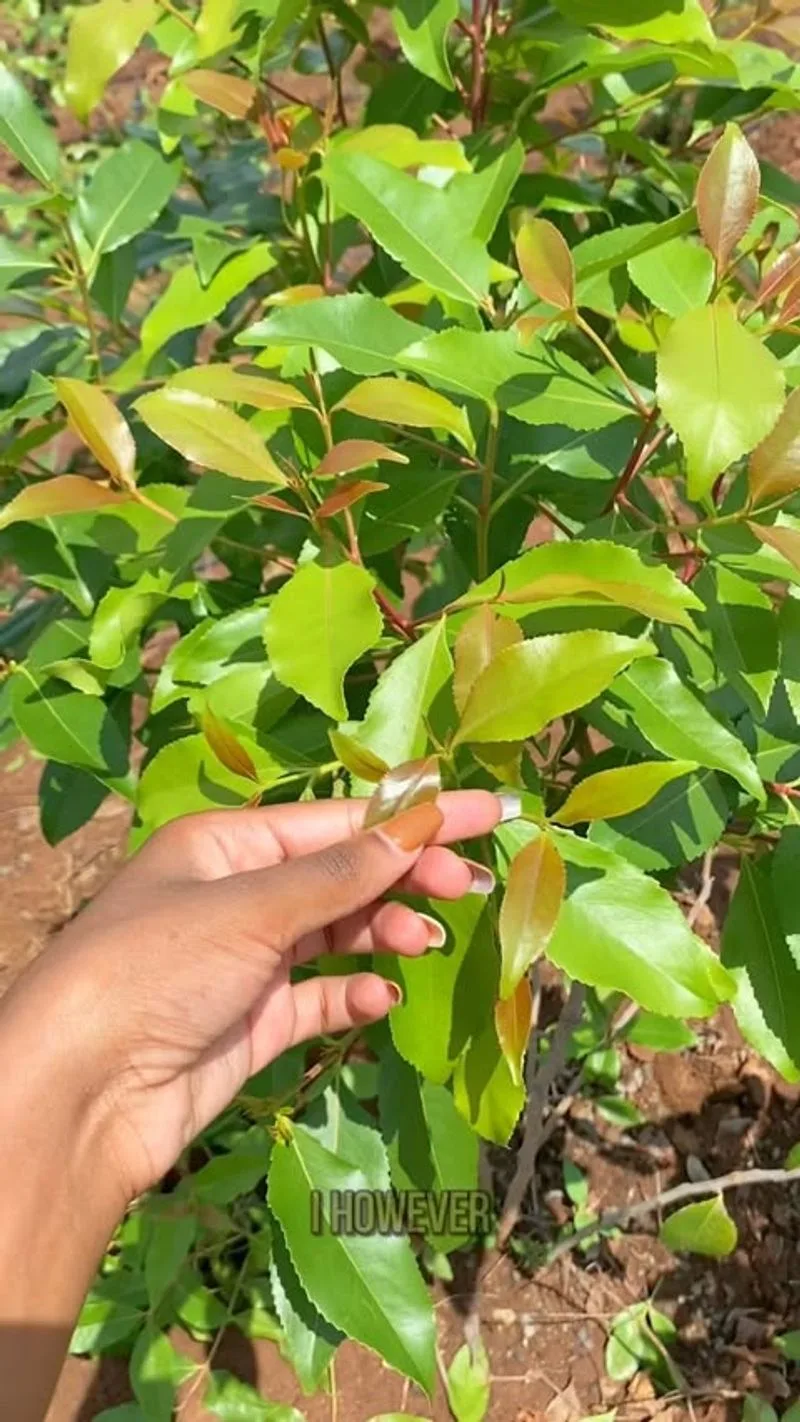
Khat is a flowering plant native to East Africa and the Arabian Peninsula. It’s illegal to grow in the U.
S. because its leaves contain cathinone, a stimulant similar to amphetamines.
Despite its cultural significance in some regions, cultivating khat in your backyard can lead to criminal charges. The plant’s stimulant effects are the main reason for its prohibition.
Gardeners should explore other medicinal plants that are legal and safe. Awareness of these restrictions not only keeps you within the law but also respects the cultural and legal frameworks of the country.
Stay informed and choose wisely.
Marijuana
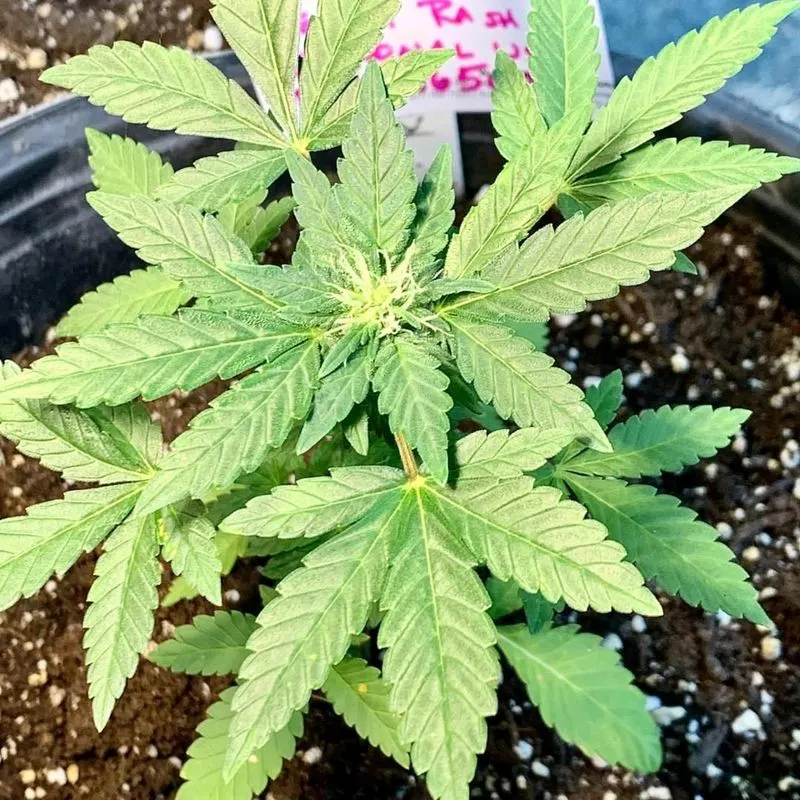
While marijuana is increasingly legal for medical and recreational use in various states, growing it in your backyard without proper authorization remains illegal. Regulations vary widely, and many states still have strict controls over personal cultivation.
Unauthorized growing can lead to fines or legal action. If interested in growing cannabis, research your local laws and obtain the necessary permits.
Legal cultivation can be a fulfilling hobby, but understanding the complexities of state and federal regulations is essential. Stay compliant to enjoy the benefits of this versatile plant responsibly and legally in your community.
Peyote
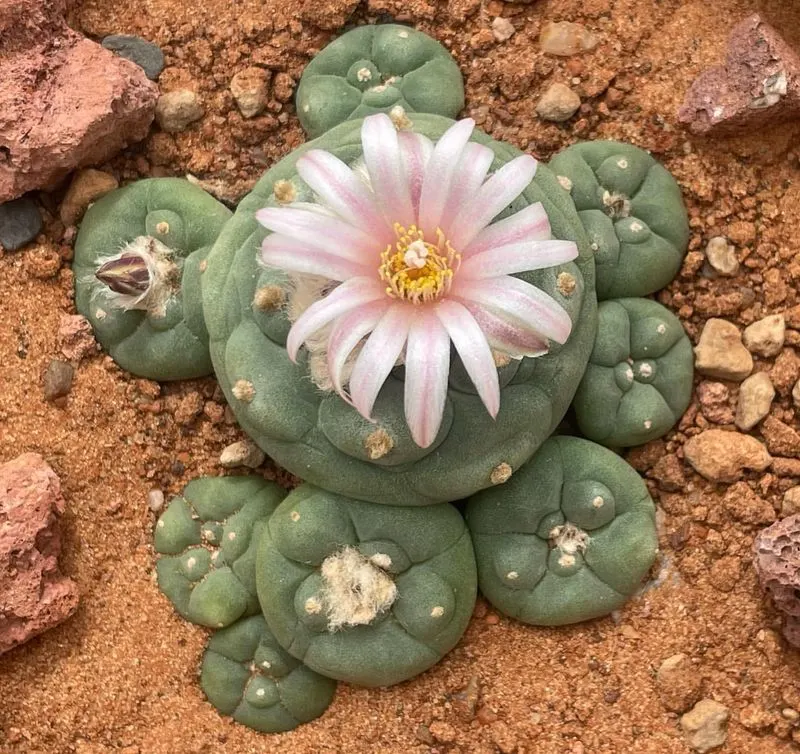
Peyote is a small, spineless cactus known for its psychoactive properties due to the presence of mescaline. It’s illegal to grow in the U.
S. for recreational use, although Native American tribes can cultivate it for religious ceremonies.
Home gardeners curious about this plant should respect its cultural significance and legal status. Instead, consider growing other cacti that thrive in similar conditions.
This approach respects indigenous traditions and ensures compliance with the law. Being aware of such cultural and legal sensitivities can guide responsible gardening choices, allowing for a diverse and respectful plant collection.
Coca
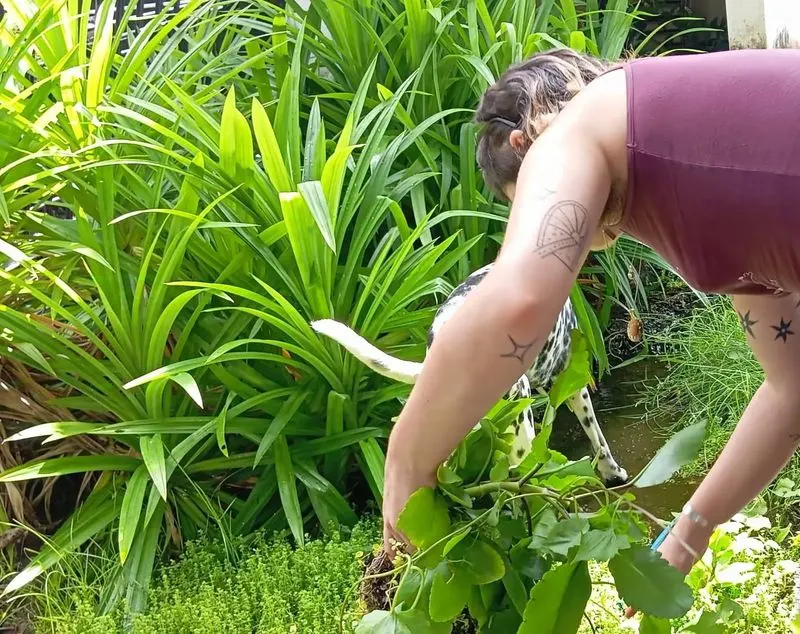
Coca plants are best known as the source of cocaine, making them illegal to grow in the U. S.
These shrubs, native to South America, have leaves that contain alkaloids used in drug production. The legal ramifications of cultivating coca are severe, with significant penalties attached.
Gardeners should avoid these plants entirely and instead focus on legal herbal alternatives. Understanding the reasons behind such restrictions can encourage responsible gardening practices and avoid unintended legal troubles.
By respecting these laws, you contribute to a safer community and a clearer conscience in your gardening endeavors.
Magic Mushrooms
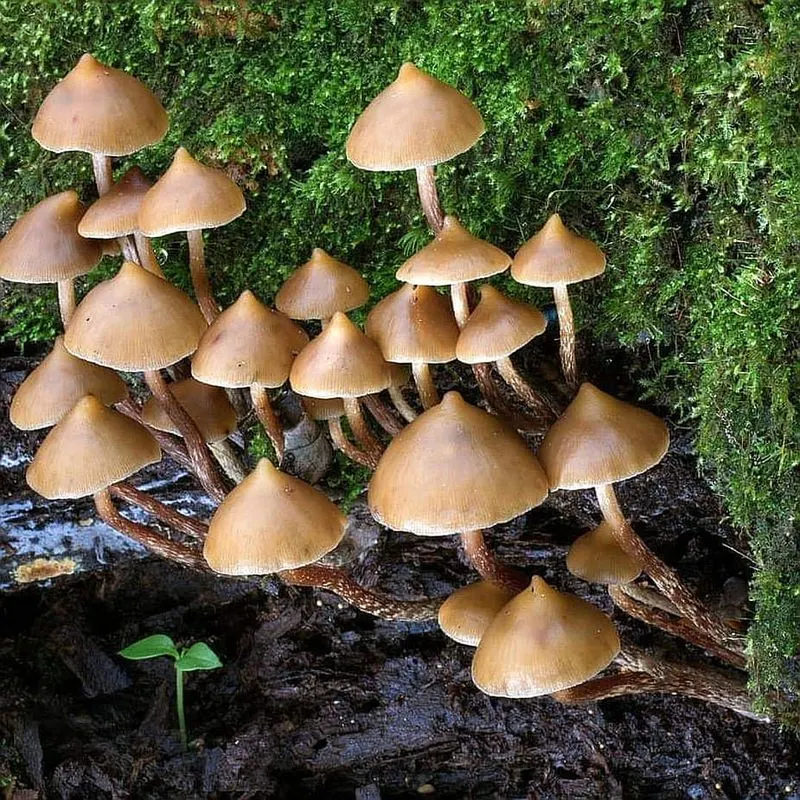
Magic mushrooms contain psilocybin, a psychoactive compound that makes them illegal to cultivate in your backyard. Despite research into potential therapeutic benefits, growing these fungi remains unlawful in most states.
Home cultivators must be aware of the strict regulations surrounding psychedelics. Instead, consider legal mushroom varieties, which offer culinary and nutritional benefits.
Awareness and adherence to the law ensure that your gardening practices remain within legal boundaries, fostering a safe and responsible environment. By choosing legal alternatives, you contribute to broader societal efforts to regulate and understand psychoactive substances responsibly.

